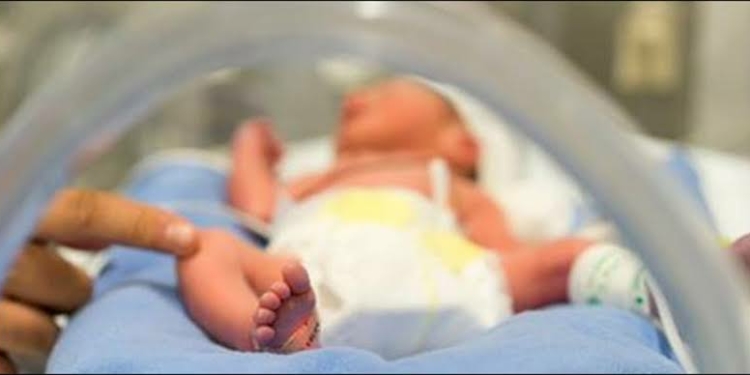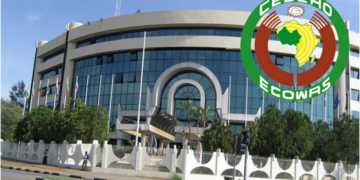A newborn baby who has tested positive for coronavirus is believed to be one of the world’s youngest patients with the disease.
The infant and its mother both tested positive at a north London hospital and staff who had contact with the pair have been advised to self-isolate.
The mother was rushed to hospital days earlier with suspected pneumonia and she and her child are being treated at separate hospitals, The Sun reported.
The newspaper said the woman was tested at North Middlesex Hospital but the result was not known until after the birth.
North Middlesex University Hospital NHS Trust said: “Two patients at North Middlesex University Hospital have tested positive for coronavirus.
“One has been transferred to a specialist centre and one is being treated in an isolation room.
“The safety of our patients and staff is our top priority, so in following guidance from Public Health England, we are regularly deep cleaning the areas where the patients are cared for and staff who were in close contact with these patients were advised to self-isolate.”
Chief medical officer for England, Professor Chris Whitty, has previously said he does not think pregnant women should start worrying about the coronavirus.
The Government website says there is currently no clinical evidence to suggest that the virus can be transmitted through breast milk.
“Infection can be spread to the baby in the same way as to anyone in close contact with you,” it says.
Meanwhile, the UK’s approach to developing “herd immunity” against Covid-19 has been called into question by the World Health Organisation (WHO).
Spokeswoman Margaret Harris said not enough is known about the science of the coronavirus, and that while “theories” can be talked about, the current situation requires “action”.
Plans are under way to ban mass gatherings from next week as the Government looks to implement more extreme measures in the fight against Covid-19.
Boris Johnson had faced criticism for not taking such actions, despite similar steps being taken by other European countries as the pandemic worsens.
Emergency legislation bringing in beefed-up powers will be published next week and there could also be a move towards more people working from home, a Whitehall source said.
The UK is dealing with a rising number of cases of the illness, increasing to 798, and a death toll of 11.
WHO spokeswoman Dr Harris questioned the UK’s approach to developing “herd immunity” against Covid-19, telling BBC Radio 4’s Today: “We don’t know enough about the science of this virus, it hasn’t been in our population for long enough for us to know what it does in immunological terms.
“Every virus functions differently in your body and stimulates a different immunological profile.
“We can talk theories, but at the moment we are really facing a situation where we have got to look at action.”
On Friday, the UK’s chief scientific adviser Sir Patrick Vallance said it is hoped the Government’s approach to tackling coronavirus will create a “herd immunity” to the disease.
WHO said Europe has become the epicentre of the pandemic and Donald Trump indicated he might add the UK to a list of countries facing a US travel ban.
Other developments in the spread of Covid-19 include:
– Mr Trump said the UK could be added to the list of European countries included in the US travel ban after he described cases of coronavirus as having risen “fairly precipitously” since he initially announced the ban with the UK exemption
– The leader of the Catholic Church in Ireland wrote to Stormont’s education minister urging him to consider closing Northern Ireland’s schools over coronavirus. It came on the day the first cases of community transmission of Covid-19 not linked to travel were detected there
– Jet2 planes from the UK to Spain turned back in mid-air as the airline announced it was cancelling all flights to the country
– The health minister in Wales announced the suspension of non-urgent surgical procedures and outpatient appointments, and said as many as 20,000 people could die in the country in a worst-case scenario
– Apple said it was closing all its stores outside China
Scores of major sporting and cultural events have already been suspended, despite the Government resisting calls to ban mass events in its latest guidance earlier this week.
Scotland had already announced a ban on gatherings of more than 500 people.
The Times reported the laws could also give police and immigration officers to detain people if they are suspected of being infected and the ability to direct schools to stay open.
The newspaper said the laws could remain in place for two years.
The UK’s chief scientific adviser Sir Patrick Vallance had previously said while it is “eye-catching” to order the cancellation of mass gatherings and sporting events, the chances of contracting the disease by attending such occasions are slim.






Discussion about this post